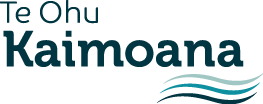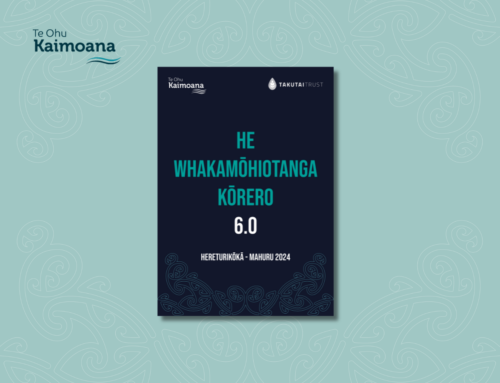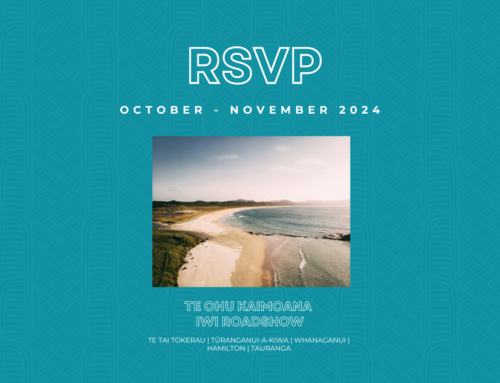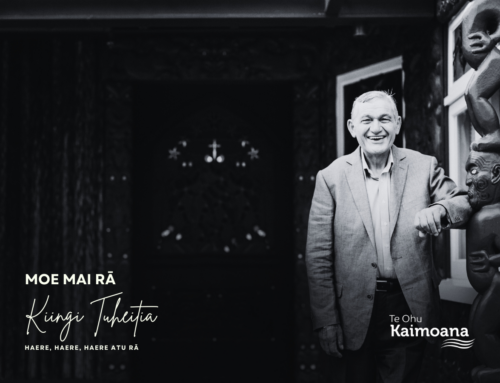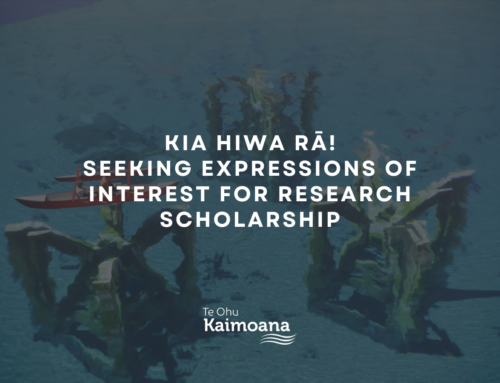On 31 March one of the lead negotiators for the Māori Fisheries Settlement, Tā Tipene O’Regan, was awarded New Zealander of the Year.
Tā Tipene (Ngāi Tahu) received recognition for his role in Te Kerēme, Ngāi Tahu’s settlement in 1997. However, five years earlier he played a key role in another settlement.
“Nā Tā Tipene tēnei huarahi i para,” says Deputy Chair of Te Ohu Kaimoana Pahia Turia, “kia toka tū moana te tū a Te Ohu i ēnei rangi tonu.”
Tā Tipene paved the way for the 1992 ‘Sealord Deal’ – the full and final settlement of Māori Fishing rights. He was part of the original 1987 working party for the Interim Settlement that stopped the wholesale exclusion of Māori from fishing. The resulting 1992 Māori Fisheries Settlement was a landmark settlement — the first of its kind in Aotearoa. Not only did it pave the way for future iwi settlements with the Crown, but Prime Minister at the time Jim Bolger said “There has been not a settlement like it anywhere in the world”.
With the Settlement agreed, Tā Tipene stepped into the role as the first Chair of Te Ohu Kaimoana (then Treaty of Waitangi Commission). It was now their responsibility to determine how the Settlement would be distributed across Māoridom. He served as Chair from 1992 until 2000 and continues to be involved in Māori fisheries to this day.
“We are absolutely thrilled one of our most honoured and respected kaumatua of the Māori Fisheries Settlement has been recognised for his tireless mahi. He was one of the lead negotiators for the Settlement and we continue to call on his support and guidance to this day,” says Te Mātārae o Te Ohu Kaimaoana, Lisa te Heuheu.
Most recently, Tā Tipene supported iwi and Te Ohu Kaimoana at the Environment Court proceedings in Northland in 2021 to highlight the rights affirmed by the Settlement almost 30 years ago and their continued importance in marine management decisions.
It’s a privilege to have rangatira like Tā Tipene who continue to be such staunch advocates for the kaupapa.
“So many have benefitted from the Settlement over the years” says te Heuheu, “it’s more than dividends – it’s scholarships, funds for whanau to look after wetlands, and pātaka kai.”
E te rangatira, ko koe te poutokomanawa o Te Ohu Kaimoana otirā o te hā o Tangaroa. E kore e mutu ngā mihi aroha ki a koe.
